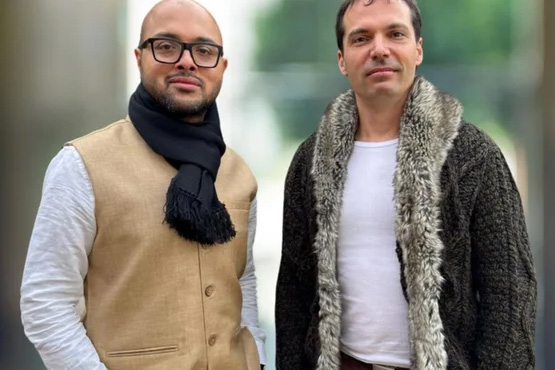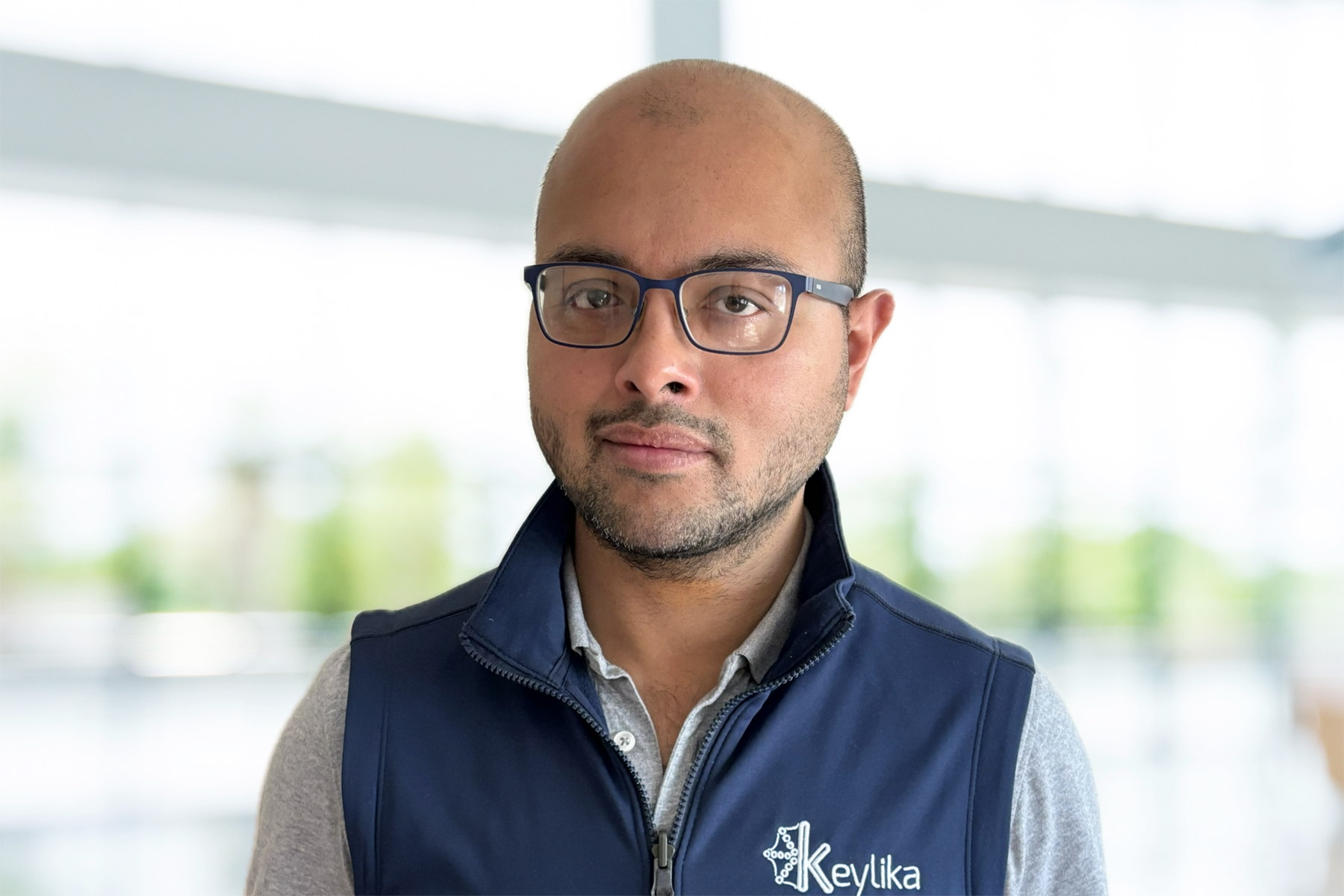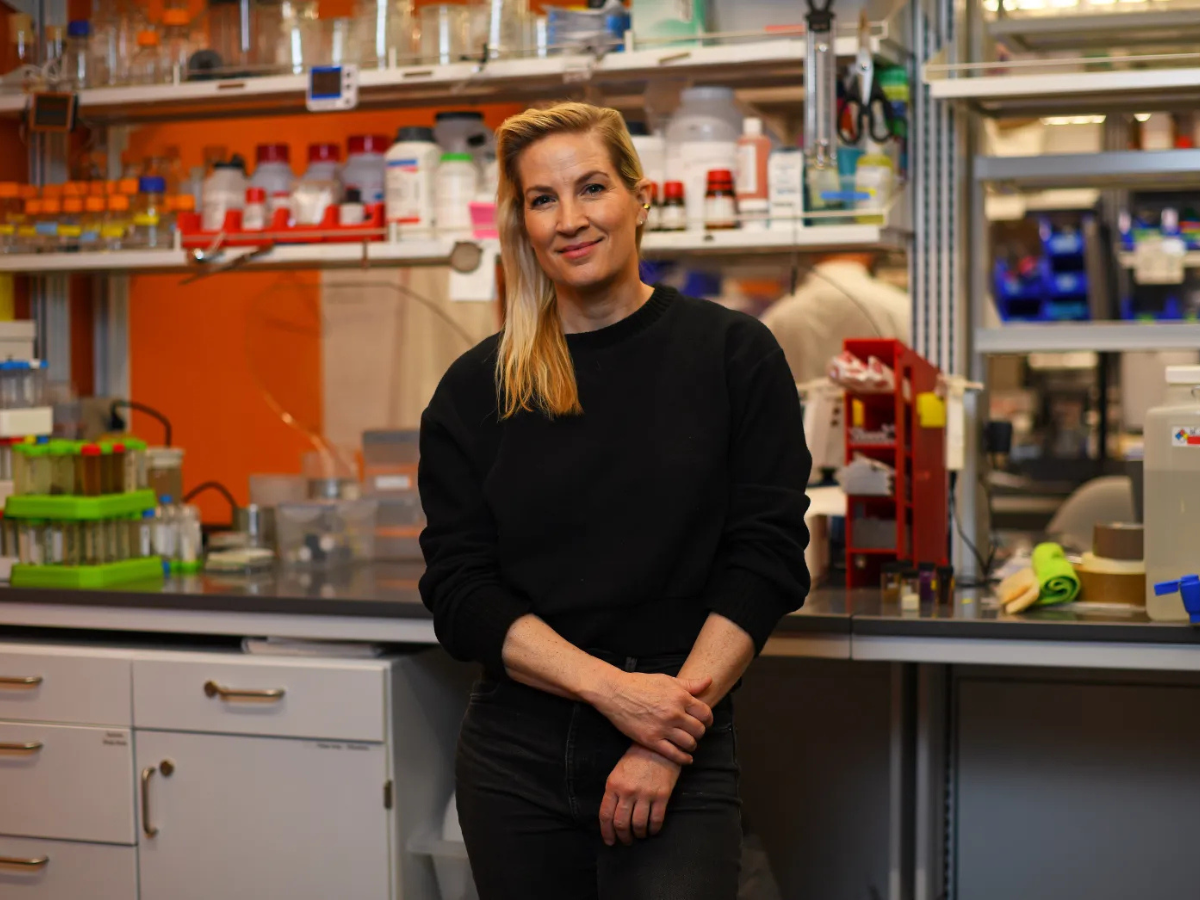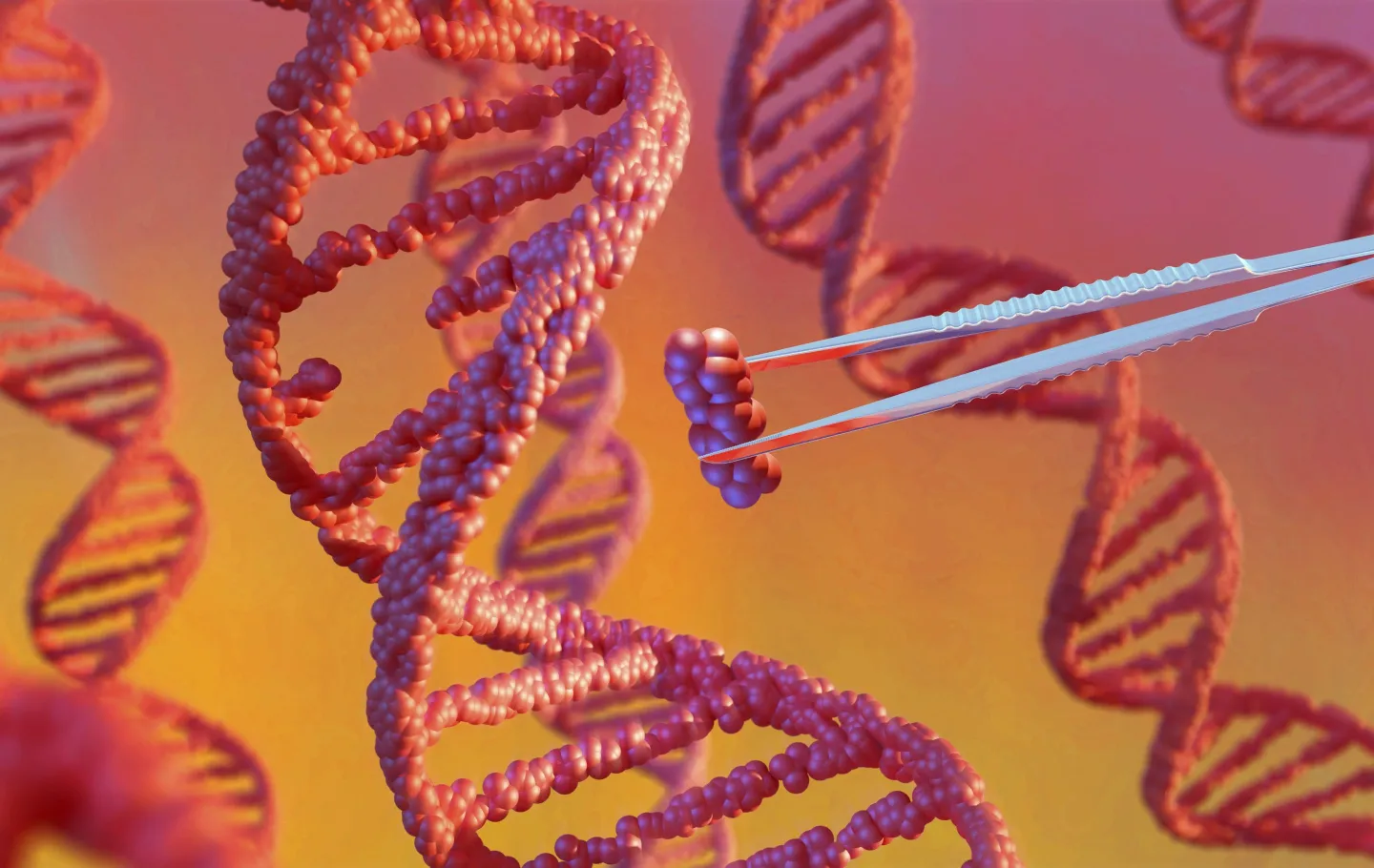Insamo Pulls $12M Seed Round To Put Peptides Under a Magnifying Glass
By Elizabeth S. Eaton in FirstWord Pharma.
Timothy Craven is something of a drug detective. The case: creating oral versions of mainstay antibody therapeutics. His tools: AI and machine learning (ML) models to create vast macrocyclic peptide libraries, plus screening technologies to pick out the best from the lineup.

He heads Insamo, which raised $12 million in seed funding Wednesday from Playground Global, venBio, and MRL Ventures Fund (MRLV), a corporate venture arm of Merck & Co.
“Tim was introduced to us as the best peptide designer,” Playground’s Matt Hershenson told FirstWord. “There is this deep, technical expertise that underlies the company – it’s not merely the computer that’ll come up with the ideas.”
Rather, he sees “AI and ML as an amplification technique for that expertise.”
Hershenson, who joins Insamo’s board, said the oversubscribed round gives Craven and the rest of the team time to focus on the science.
Optimising the peptide search
Craven spent more than five years at the University of Washington’s Institute for Protein Design before setting out to create a company best suited to solving the peptide problem. Scientists have known for decades that macrocyclic peptides can be developed into orally available, effective drugs – but finding them is the trouble.
“It’s still a needle in a haystack problem,” Craven told FirstWord. “If you think of Venn diagrams, the first circle is compounds that are orally available and cell permeable, and the second circle is binding to the target. Finding that common ground is still really, really challenging.”
For Craven, however, the therapeutic potential of peptides outweighs their discovery difficulties. The compounds are cheap to develop and don’t require cold chain storage – two factors that currently limit the global availability of antibody therapeutics. Plus, peptides can be delivered orally, avoiding the treatment adherence problems that often crop up with biologics due to unwanted injection-site side effects.
And beyond offering more convenient alternatives to known biologics, cell-permeable macrocyclic peptides can enter solid tissues, opening up a world of intractable targets that aren’t accessible to antibodies.
Smart screening
To find the right peptides, Insamo starts by leveraging its AI and ML models to design more than trillions – in the order of 1013 – of unique molecules that are all orally bioavailable.
Next, the company screens each and every one of the compounds against the target of interest, evaluating binding through multiple iterations of affinity maturation tests. This winnows the pool of peptides down to about 50. From there, the team chooses which ones to run through its high throughput chemistry platform for more fine-grain optimisation.
“It feels like cheating because you get the right answer every time,” Craven said, thanks to Insamo’s one-two punch of at-scale, AI-informed drug design, followed by affinity screenings that look for antibody-like binding.
That isn’t a typical combination for a biotech startup, he added. “Either you’re an all-ML company with no screening, or you’re all screening with no ML,” Craven said.
But for peptide drug development, one facet just doesn’t work without the other, Hershenson said. ML-based drug design without screening is like saying, “I can come up with a lot of ideas, but I never know how good they are,” he said.
On the flip side, screening without design can discover compounds that bind to the target. But if the library isn’t built-to-purpose, there’s no guarantee it’ll turn up peptides with the desired molecular properties, like cell permeability.
“The marriage of those two capabilities is super compelling,” Hershenson said. “It’s not just idea generation that matters. It’s throughput and evaluation.”





